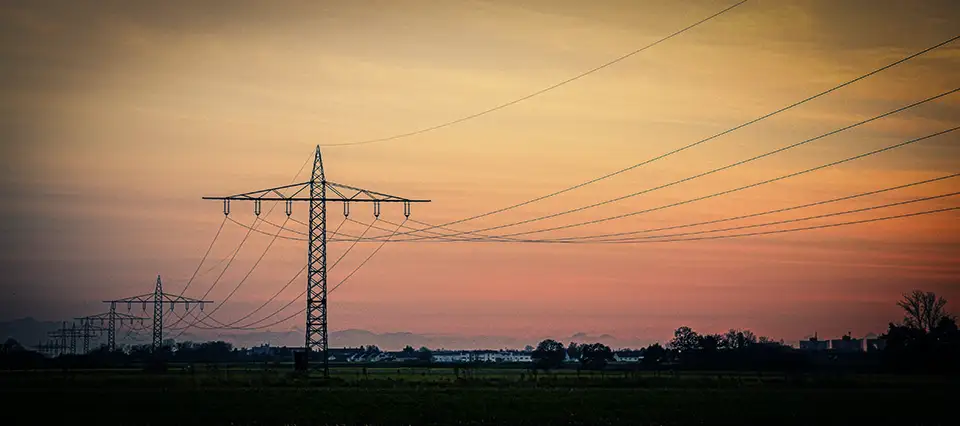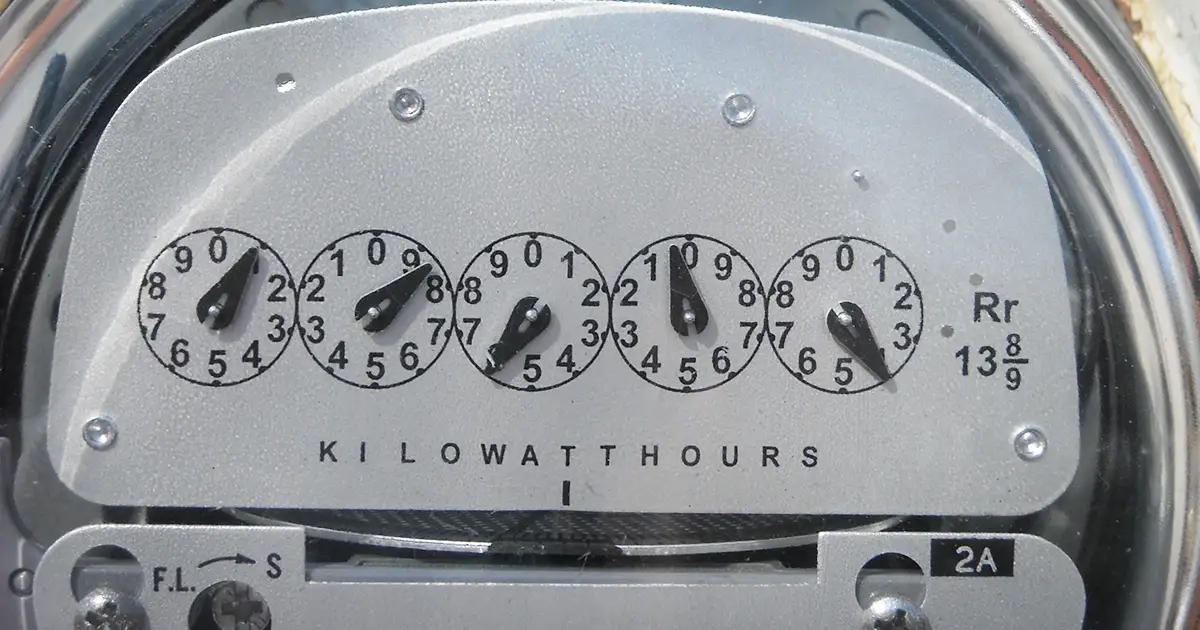If you’re like Brad, you’ve probably already cranked up your AC as far as it will go! Keeping your home cool and comfortable is essential, but it often comes with the challenge of balancing comfort with cost.
At Brad’s Heating & Air, we want to help you understand how your air conditioner consumes power and share tips on managing this consumption to save on your electricity bills.
Understanding Air Conditioner Power Consumption
First, let’s delve into the basics of air conditioner power consumption. The key concept here is wattage, which represents the rate at which your AC uses electricity. Different air conditioners have varying wattage requirements, directly impacting their energy consumption.
For instance, window air conditioners typically use between 500 and 1,500 watts per hour, depending on their size and cooling capacity. Portable air conditioners are slightly more energy-intensive, consuming between 2,900 and 4,100 watts per hour. Mini-split systems, also known as ductless systems, offer a more flexible cooling solution with wattage ranging from 700 to 2,000 watts per hour. Central air conditioners, the most common type found in homes, use about 1,000 watts per ton of cooling capacity.

Factors Influencing AC Power Consumption
Several factors influence how much electricity your air conditioner uses. Understanding these factors can help you make more informed decisions about cooling your home efficiently.
Size of the Unit
The size of the air conditioner is one of the most influential factors in energy consumption. Undersized units may struggle to cool your home efficiently, leading to increased energy usage as they work overtime. Conversely, oversized units may cycle on and off frequently, resulting in unnecessary energy consumption.
Efficiency Ratings
Efficiency ratings, such as the Seasonal Energy Efficiency Ratio (SEER), provide valuable insights into an air conditioner’s energy efficiency. Higher SEER ratings indicate superior efficiency, translating to cost savings over time. When selecting an air conditioner, look for units with higher SEER ratings to ensure optimal performance and energy efficiency.
Climate
The climate in central Arkansas plays a significant role in determining your AC’s power consumption. The hot summers we experience in the Jacksonville area lead to higher energy demands for cooling purposes, which, of course, impacts your electricity bills.
Maintenance Practices
Regular maintenance is essential for optimizing air conditioner efficiency and reducing energy consumption. Dirty filters, clogged ducts, and malfunctioning components can all contribute to increased energy usage.
By scheduling routine maintenance with Brad’s Heating & Air, you can ensure your air conditioner operates at peak performance while minimizing energy waste.
Calculating and Managing AC Power Consumption
Calculating your air conditioner’s power consumption is more straightforward than it might seem. You need to know your unit’s wattage and how many hours it operates each day. By multiplying the wattage by the number of hours, you can estimate its daily energy usage.
For example, if you have a central air conditioner rated at 3,000 watts per hour and it runs for eight hours a day, it would consume approximately 24,000 watts or 24 kilowatt-hours (kWh) of electricity per day.
Managing your air conditioner’s power consumption involves adopting energy-saving practices and investing in energy-efficient equipment. Here are some effective strategies:
- Temperature Settings: Set your thermostat between 74 and 78 degrees Fahrenheit during the day to keep your home cool without overworking your AC. At night or when you’re away, adjust the thermostat to a higher temperature.
- Programmable Thermostats: Invest in programmable thermostats and zoning systems to optimize cooling schedules and target specific areas of your home.
- Improving Insulation: Proper insulation helps maintain cooler temperatures inside your home, reducing the workload on your AC.
- Regular Maintenance: Schedule regular maintenance to keep your air conditioner in top shape. This includes cleaning filters, unclogging ducts, and servicing components.
Frequently Asked Questions

How much electricity does an air conditioner use? The electricity an air conditioner consumes depends on various factors, including size, efficiency rating, and operating conditions. Understanding these factors can help you estimate energy usage and manage costs effectively.
Is it okay to leave the AC on all day? While this can provide continuous comfort, it may lead to higher energy bills. Consider adjusting temperature settings and utilizing programmable thermostats to minimize energy consumption when cooling is unnecessary.
How can I reduce my air conditioning energy bills? Implementing energy-saving practices such as regular maintenance, temperature adjustments, and improving insulation can help. Additionally, upgrading to energy-efficient equipment and investing in smart HVAC solutions can yield long-term savings.
How can I keep my home cool more efficiently? In addition to optimizing air conditioner efficiency, overall home efficiency can contribute to more efficient cooling. Simple measures such as sealing windows and doors, improving insulation, and utilizing ceiling fans can help maintain comfortable indoor temperatures while reducing energy consumption.
Final Thoughts
If you want to maximize the efficiency of your HVAC system, a good first step is to understand how your air conditioner consumes power. By considering factors such as wattage, efficiency ratings, and maintenance practices, homeowners can make informed decisions to optimize their cooling systems.
At Brad’s Heating & Air, we provide comprehensive HVAC solutions tailored to your needs. With our expertise and personalized recommendations, you can enjoy enhanced comfort and energy savings year-round. If you have any questions or need professional HVAC services, don’t hesitate to contact us at (501) 330-8066. Let us help you keep your home cool and your energy bills low this summer!





